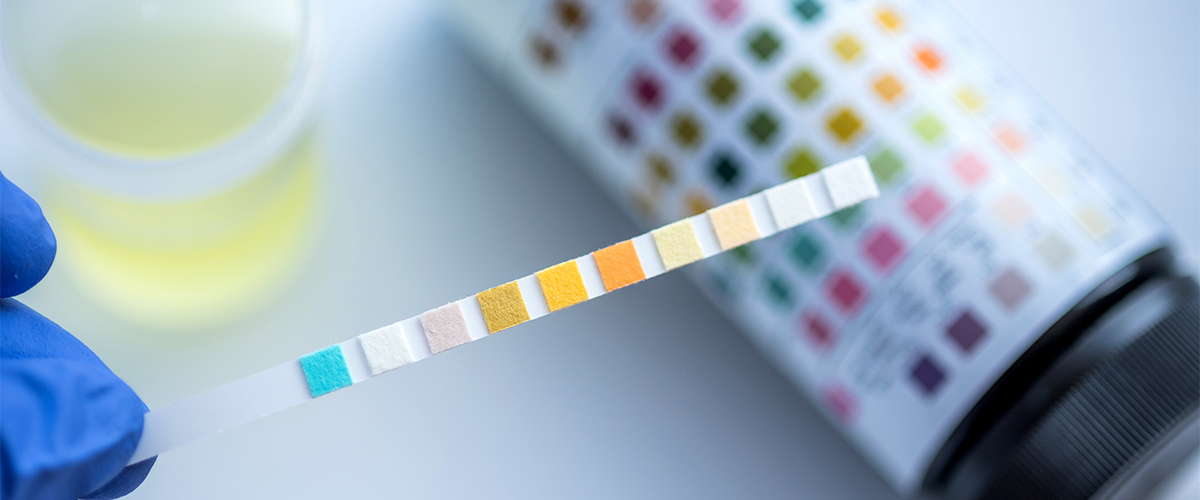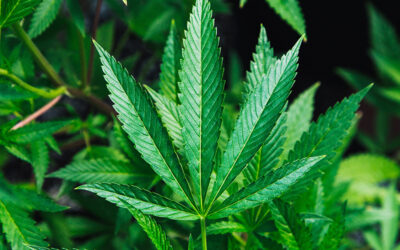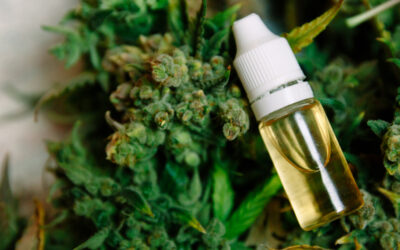Even if you’re using medical marijuana legally under your state law, you still may be susceptible to consequences at your workplace.
You may figure that because you’re legally allowed to use medical marijuana that you don’t have to worry about violating your workplace drug policies. However, despite medical marijuana’s legal status in more than half of the states in the U.S, in most employers can still impose workplace drug testing and have a zero-tolerance policy on the use of cannabis for any reason.
Laws related to drug tests and whether employers must accommodate medical marijuana patients vary by state. Here’s what you need to know to protect yourself from violating your employee policies and risking your job.
Employers Can (and Often Do) Restrict Medical Marijuana Use
Just because medical marijuana is legal in your state doesn’t mean you won’t face consequences if you fail a drug test.
For example, two states that are among the most liberal in regards to marijuana law — California and Colorado — do not have workplace protections in place for medical marijuana patients. The California Supreme Court ruled in 2008 that the state’s medical marijuana law only protects patients from criminal prosecution, not workplace consequences. Likewise, in 2015 the Colorado Supreme Court has held that an employer may fire an employee for off-duty use of medical marijuana.
Only a handful of medical marijuana states have legal protections in place that make it illegal for an employer to not hire an applicant or fire an employee solely for the use of medical marijuana, unless it’s shown that you consumed cannabis or were impaired while on the job.
As of now, of the 29 states with legal medical marijuana, we’re only aware of the following states having some legal workplace protections in place for registered patients:
- Arizona
- Arkansas
- Connecticut
- Delaware
- Illinois
- Maine
- Massachusetts
- Minnesota
- New Jersey
- New York
- Pennsylvania
- Rhode Island
- West Virginia
These protections do not allow registered patients to use medical marijuana or be impaired while at the workplace, but they acknowledge that patients can use their cannabis during off hours.
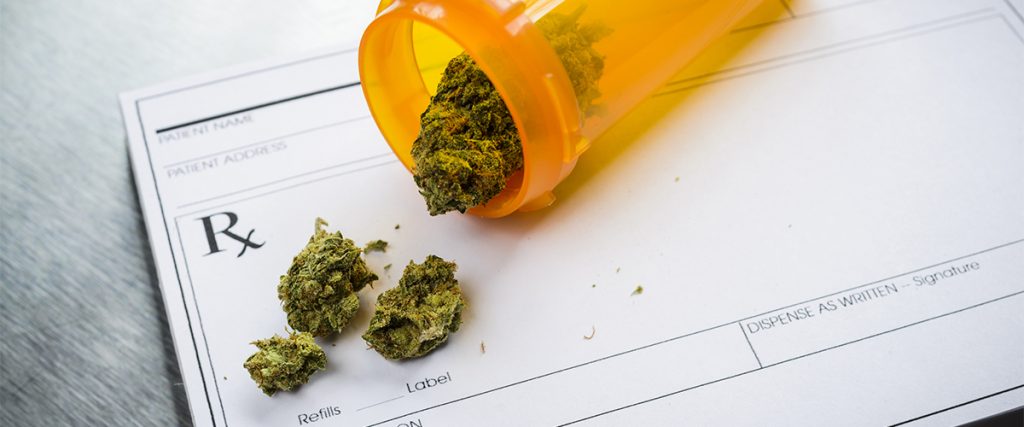
In most cases, however, regardless of whether medical marijuana is legal where you live, your workplace can restrict its use and have in place a zero-tolerance policy. This is because marijuana remains prohibited under federal law. The Controlled Substances Act of 1970 classifies marijuana as a Schedule I substance, the category reserved for the most dangerous substances with no acknowledged medicinal value.
Although laws vary, in most states employers are afforded the ability to impose a drug testing policy that meets their respective needs. Some workplaces require only pre-employment drug tests and take the results into consideration when making hiring decisions. Others will only test if there is “reasonable suspicion” of marijuana use, or following an on-the-job accident to check for impairment. Some may also impose regular scheduled or random drug testing throughout your entire period of employment.
It’s recommended that you discuss your medical marijuana use with your human resources department or an employment attorney to learn whether there are protections in place.
When are You Likely to Fail a Marijuana Drug Test?
If you’ve used medical marijuana within the past two months, you’re susceptible to failing a marijuana drug test. This is because the various types of drug tests used by employers are able to detect marijuana compounds that linger in your system up to weeks or months after your last use. This means that you’re still vulnerable to testing positive, even if you have never used your medical marijuana while at your job.
The types of drug tests employers may use to check for marijuana use include:
- Urine
- Blood
- Hair
By far the most common type of drug test used by employers is urine analysis. This test may be performed privately while you’re at the workplace using a test strip, or you may be sent to a third-party laboratory to submit a urine sample.
Urine tests do not detect the psychoactive compound in medical marijuana, tetrahydrocannabinol (THC), and therefore do not measure impairment. Rather, they detect the non-psychoactive marijuana metabolite 11-nor-delta9-caboxy-THC (THC-COOH), which can linger in the body for days or weeks.
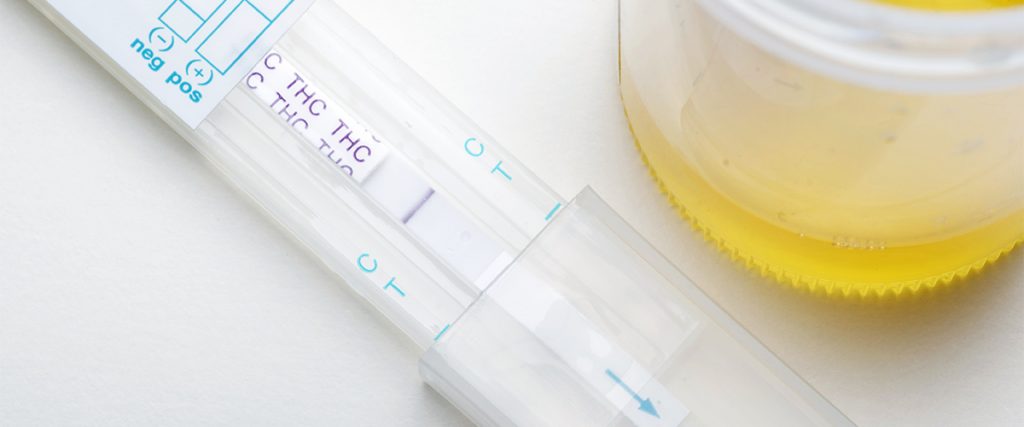
While less common, some employers utilize hair, blood, and saliva drug testing methods. Unlike urine tests, blood tests detect the active presence of THC in the bloodstream. THC levels peak rapidly within the first few minutes of inhalation, then declines quickly within the hour. As a result, blood tests are a better detector of recent medical marijuana use. Hair analysis, which is rarely used, checks for non-psychoactive marijuana residues.
How Long Does Marijuana Stay in Your System?
The marijuana metabolite THC-COOH can remain in your system long after marijuana’s psychoactive effects wear off. How long marijuana use is detectable by a urine test depends on how much THC-COOH has built up in your system. For regular users, THC-COOH can build up to a high level, taking weeks of non-use to drop back down below the threshold of detection.
According to the National Organization for the Reform of Marijuana Laws (NORML), urine drug tests may detect medical marijuana:
- 1-5 days after an occasional use
- 1-3 weeks in regular users
- 4-6 weeks in multiple daily users
This means that even if you limit your use of medical marijuana to the weekends when you’re not on the job, you can still test positive in a urine test at work the next week, far after you’re no longer impaired.
At the same time, it takes some time for marijuana’s metabolites to reach your urine. A first-time medical marijuana user can still test negative in a urine test for potentially 1 to 4 hours after consumption.
In blood drug tests, THC can remain at detectable levels for about 8 hours in first-time users, but can persist for days in regular consumers. Hair analysis can detect non-psychoactive residues of marijuana for months after the last consumption in regular users.
Overall, if you live in a state that doesn’t protect medical marijuana users and foresee a marijuana drug test in your future, it’s best to refrain from using your medicine for about two months beforehand to ensure you won’t test positive.
Some patients turn to synthetic marijuana when faced with a drug test, but these fake marijuana products can be dangerous to your health.
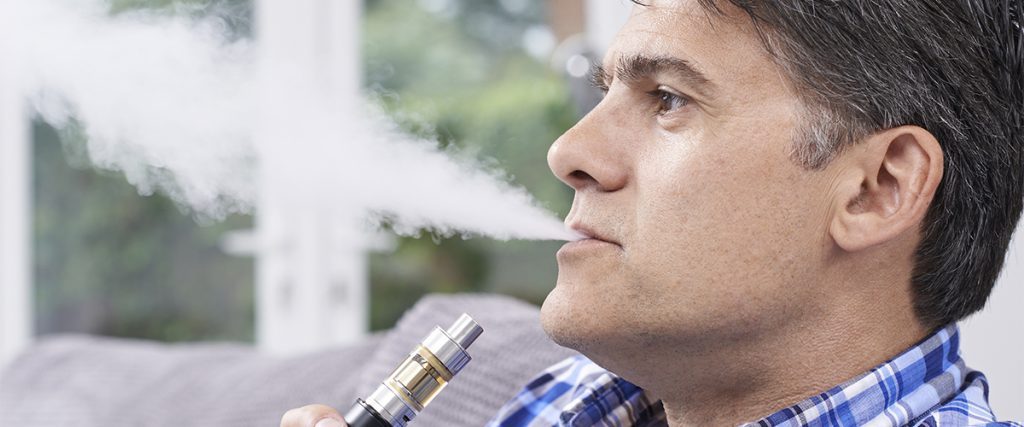
What about CBD Oil? Will it Cause a Positive Drug Test?
CBD oil is a type of cannabis oil extracted from cannabis plants – like hemp — that are naturally low in THC. Instead, CBD oil is abundant in the cannabidiol (CBD), a non-psychoactive compound that doesn’t cause a high.
Most drug tests do not detect the presence of CBD, and when extracted from hemp, CBD oil usually contains only trace amounts of THC. Therefore in most cases, consuming CBD oil will not cause a positive drug test when consumed at suggested servings.
With that said, some studies have shown that consuming hemp foods and oils can, in rare cases, elicit a positive result in urine and blood drug tests.
Therefore, anyone who is concerned about failing a drug test – including first responders, competitive athletes, or members of the United States Military – should probably also avoid consuming CBD oil.
Learn More About Medical Marijuana
You can learn more about medical marijuana, including information on the different types of strains and how to grow cannabis on your own at home, by visiting our Cannabis 101 page. Keep up with the cannabis-related legislative and industry developments through our news page.

